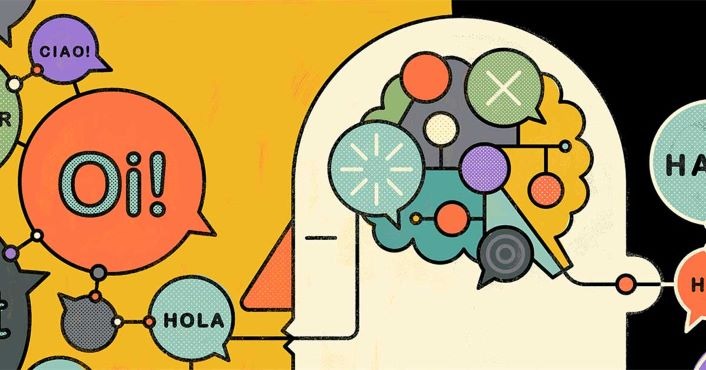Posts Tagged ‘brain-development’
Reading for pleasure during childhood may lead to higher brain/ cognitive development and mental well-being during adolescence
Early childhood is a critical period for brain development, which is important for boosting cognition and mental wellbeing. Good brain health at this age is directly linked to better mental heath, cognition and educational attainment in adolescence and adulthood. It can also provide resilience in times of stress. But, sadly, brain development can be hampered…
Read MoreCollaborative neuroimaging initiative BrainChart helps chart how brains change across the lifespan
For decades, growth charts have been used by paediatricians as reference tools. The charts allow health professionals to plot and measure a child’s height and weight from birth to young adulthood. The percentile scores they provide, especially across multiple visits, help doctors screen for conditions such as obesity or inadequate growth, which fall at the…
Read MoreThe Do’s and Don’ts of Harnessing Technology (and Anxiety) for Good
Welcome to a new edition of SharpBrains’ e‑newsletter, featuring important brain & mental health news plus a few fun brain teasers to test your reasoning skills and more… #1. Challenge ahead: Harnessing technology for good mental health “Technology can not only help us grow out of unhealthy habits, it is also possible to expand human mental…
Read MoreOn neuroplasticity, young brains, and smartphones
Neuroplasticity and Smart Phones (Psychiatric Times): In medical school, I was taught that the brain is hardwired at birth. During the past 30 years, neuroscience has definitively shown that this is not the case at all. As our understanding of brain development advanced, it became clear that, during the first 3 years of life, neurons in…
Read MoreOn brain folding and fitting 86 billion neurons inside our 1400 cc crania
The human brain has been called the most complex object in the known universe. And with good reason: It has around 86 billion neurons and several hundred thousand miles of axon fibers connecting them. Unsurprisingly, the process of brain folding that results in the brain’s characteristic bumps and grooves is also highly complex. Despite decades of…
Read MoreGreat interview on bilingualism, sports, education and neuroplasticity — en español
(translation available below) Álvaro Fernández Ibáñez: “La educación bilingüe ayuda a retrasar problemas cognitivos como el alzhéimer” (El Mundo): PREGUNTA. ¿A qué se dedican los neuroconsultores? ¿Qué relación tienen con la educación? RESPUESTA. En los últimos años ha empezado a aumentar el interés por mejorar la capacidad del cerebro. Al igual que las personas quieren estar en…
Read More





